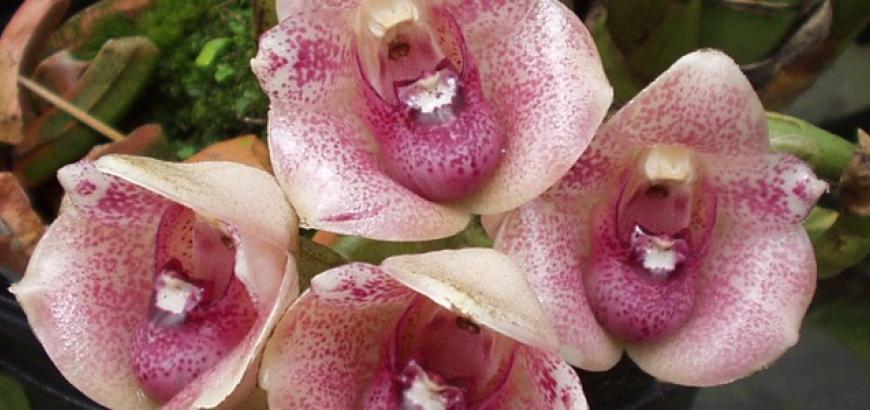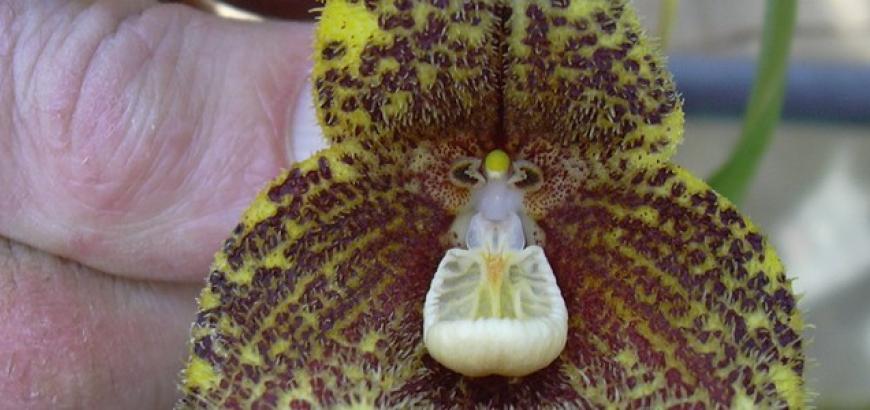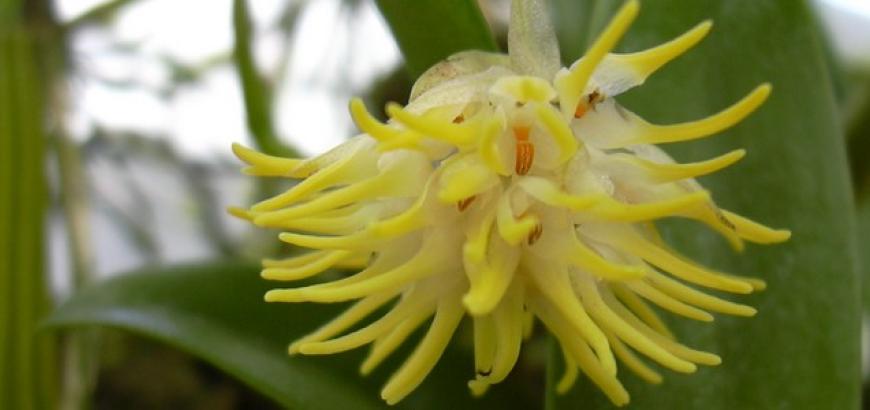Give a Gift to Support the Greenhouse
If you enjoyed a brief “tropical respite" when casually exploring our 4 beautiful collection rooms or enjoyed learning about plant-pollinator relations ships, research conducted in the Greenhouse, some of the stories of our beloved specimen plants from our wonderful docents, please consider supporting our educational outreach with a generous gift to the Greenhouse Support fund, which make these activities possible.
Watch us grow on Instagram.



